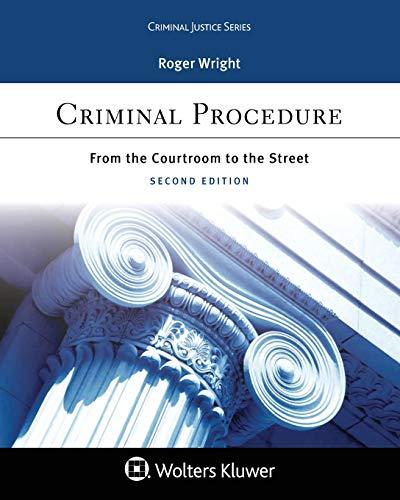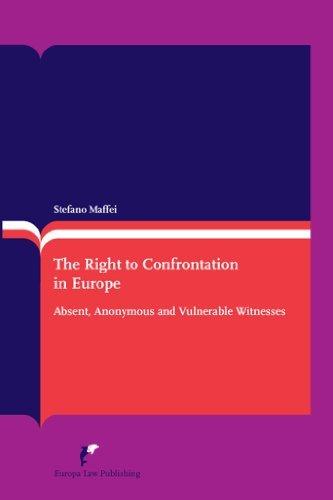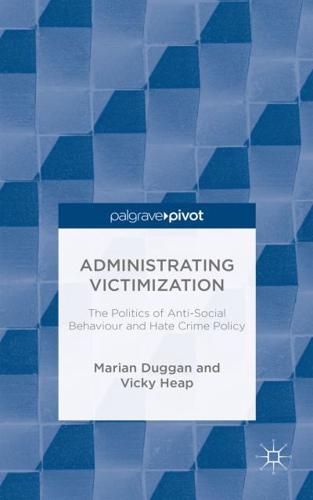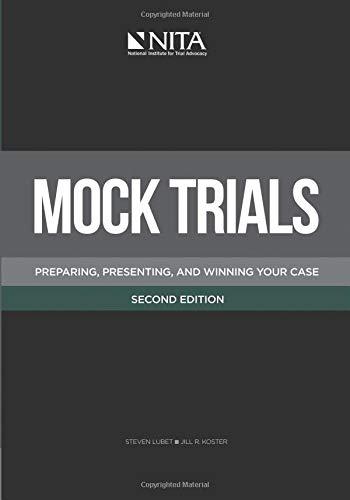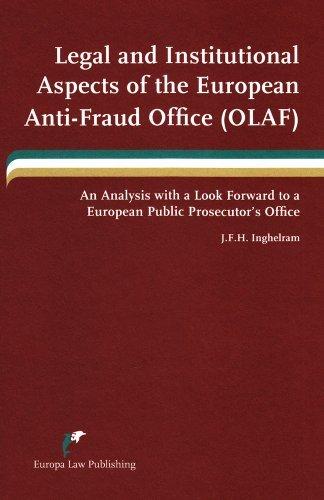Law & Criminology , Criminal Law
Criminal Procedure : From the Courtroom to the Street
Description Preparing the student for a career in criminal justice, Criminal Procedure: From the Courtroom to the Street, Second Edition was written with the undergraduate in mind. Drawing on extensive experience as a police officer and practicing criminal defense attorney, author Roger Wright knows that criminal justice professionals need an integrated understanding of legal theory, procedure, and practice. Whether making an arrest, collecting evidence, or conducting an interrogation, they must be able to make sound legal decisions in action. This text not only teaches the law, but also offers students an understanding of how the law is actually applied in the field and in the courtroom. New to the Second Edition: Updated with new cases, including: Bettermann v. Montana Byrd v. United States Carpenter v. United States Coker v. Georgia Collins v. Virginia Glossip v. Gross Kennedy v. Louisiana Lee v. United States Rodriquez v. United States Utah v. Streiff New Something to Ponder questions added to every chapter to encourage critical thinking about the concepts and issues Coverage of current issues, including presidential pardons, cell service location, sentencing guidelines, sex offense registry and the Cosby case, and lethal injections Professors and students will benefit from: On the Street hypotheticals that exemplify the decisions and actions of criminal justice professionals in a variety of scenarios Key appellate cases that are presented in a straightforward style to convey a practical understanding of criminal procedure Readable text that is focused on the legal decision-making skills needed when making an arrest, collecting evidence, or conducting an interrogation Logical organization into topic areas that are pertinent to the actual work of criminal justice professionals: Section I provides an overview of the criminal justice process Section II covers search and seizure Section III surveys the issues surrounding the spoken word as evidence Section IV delves into several constitutional issues that impact how criminal procedure unfolds in the courtroom
- Wright, Roger
- Aspen Publishers Inc.,U.S.
- 2019
- 320
- Paperback
- 9781543800210
Поткатегории
